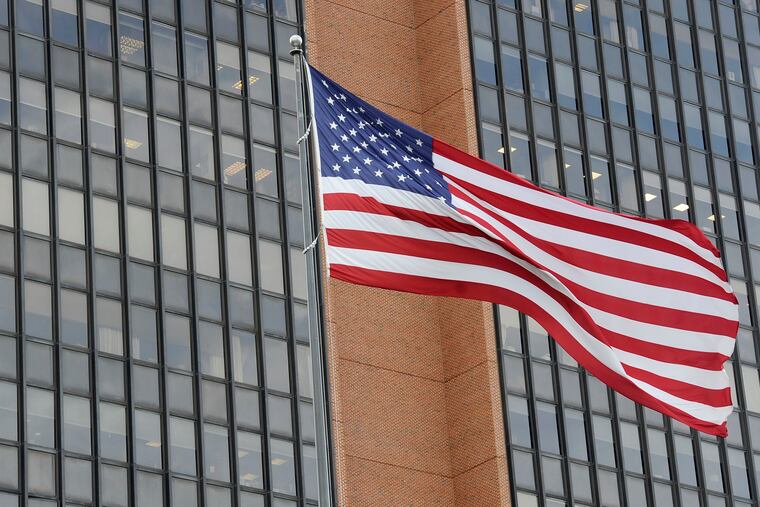Civic education is needed now more than ever | Opinion
If you don't know how government is supposed to work, how will you know if it's broken?

With the advent of high-stakes testing as part of the policies of No Child Left Behind, civics — and social studies in general — has been pushed aside. Since these subjects are not being tested, even educators who may want to explore these topics have little time for them. For years, efforts to make the case for reintroducing civics education have fallen on deaf ears ... until now.
People are starting to see the importance of civics, likely due to a combination of forces. The last few years have brought key concepts to the fore: the separation of powers, the limits of executive power, the role of the courts, and the proliferation of misinformation about almost every aspect of our government. Just consider the events of Jan. 6, 2021, and Vice President Mike Pence’s role in the certification of the election results, which was a jolt to our collective civic consciousness.
Our citizenry is suddenly realizing that we do not know how our government is supposed to work. And if we do not know how it is supposed to work, how can we be sure that it is working as it should?
Civics education is key to understanding what’s happening in our country.
That’s why I was heartened last year when Sens. John Cornyn (R., Texas) and Chris Coons (D., Del.) and Reps. Mary Gay Scanlon (D., Pa.) and Peter Meijer (R., Mich.) sponsored bipartisan legislation to promote civic learning. The Senate bill (the Civics Secures Democracy Act) focuses on funding teacher training, while the House bill (the Teaching Engaged Citizenship Act of 2021) would provide grants for nonprofits to work with educational institutions promoting civic learning. Could it be that we can all — as in both sides of the aisle — agree that we have failed in this regard in recent decades?
The judicial branch also has a role to play in civic education by informing the citizenry about the role of the courts. To that end, the U.S. District Courts in our judicial circuit — consisting of Pennsylvania, New Jersey, Delaware, and the U.S. Virgin Islands — are conducting an essay contest for fifth- and sixth-grade classes on the topic “What does the rule of law mean to you and to our country?” Information about the contest is available on the website of the U.S. Court of Appeals for the Third Circuit (under the “News and Announcements” tab). We have judges and attorneys available to help any teacher who would like assistance with class discussion of the topic and development of the essays. We also provide resources to develop lesson plans and facilitate discussion on the court’s website as well. In May — COVID-19 permitting — we will welcome the top classes to our nine courthouses across the circuit to celebrate their accomplishment.
Additionally, for the third year, judges are conducting an eight-week online workshop series at the Community College of Philadelphia on the U.S. Constitution and the workings of the courts. It is a not-for-credit workshop (with nominal cost to cover administration). Registration is now open to the public.
We, as a country, have a long way to go to reverse the downward trend in civic learning and civic engagement. But if Congress were to pass legislation to provide resources to incentivize the teaching of civics, that would move us in the right direction. In the meantime, we in the judiciary will continue to strive to do our part and help our fellow citizens.
Marjorie O. Rendell is a circuit judge for the U.S. Court of Appeals for the Third Circuit.